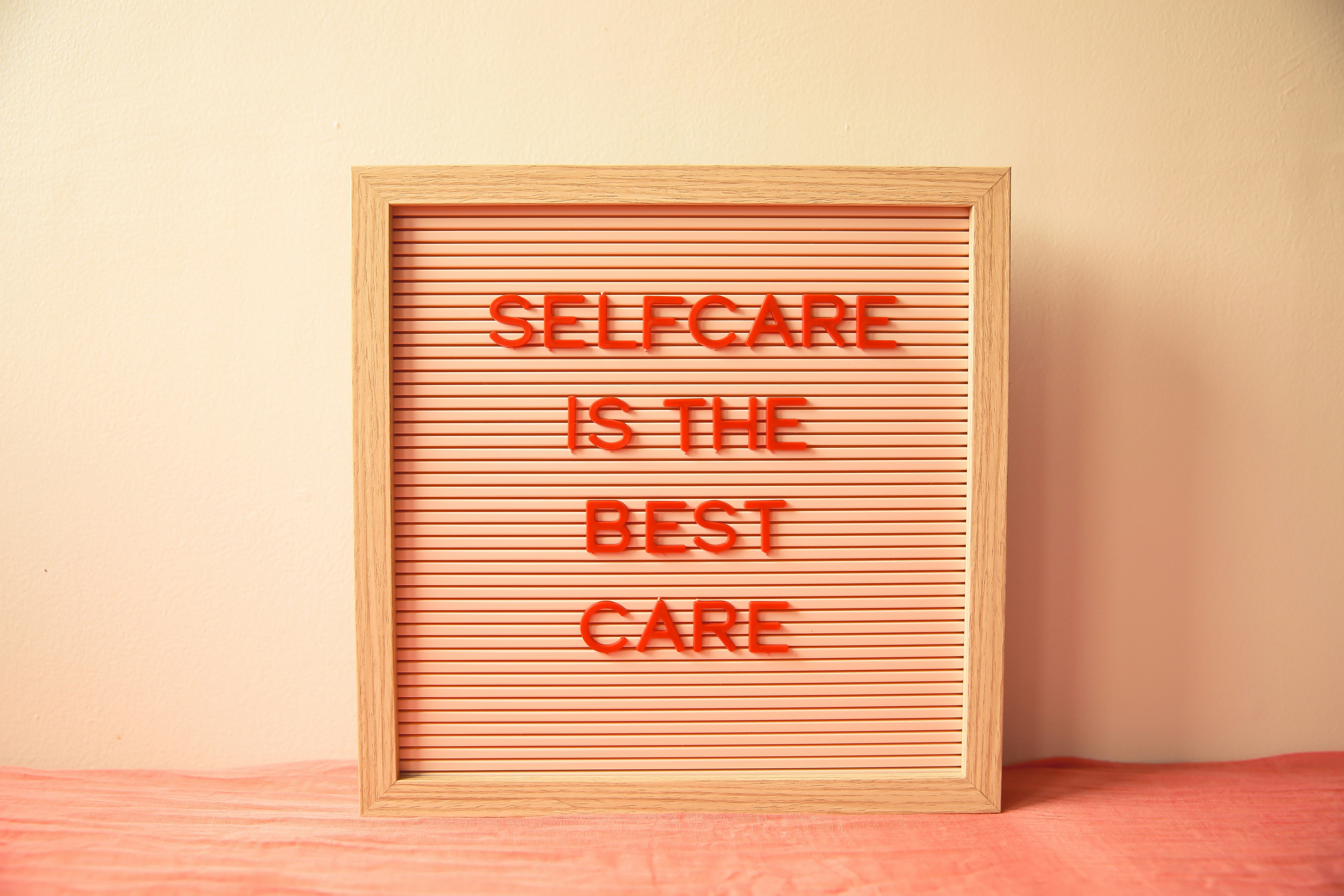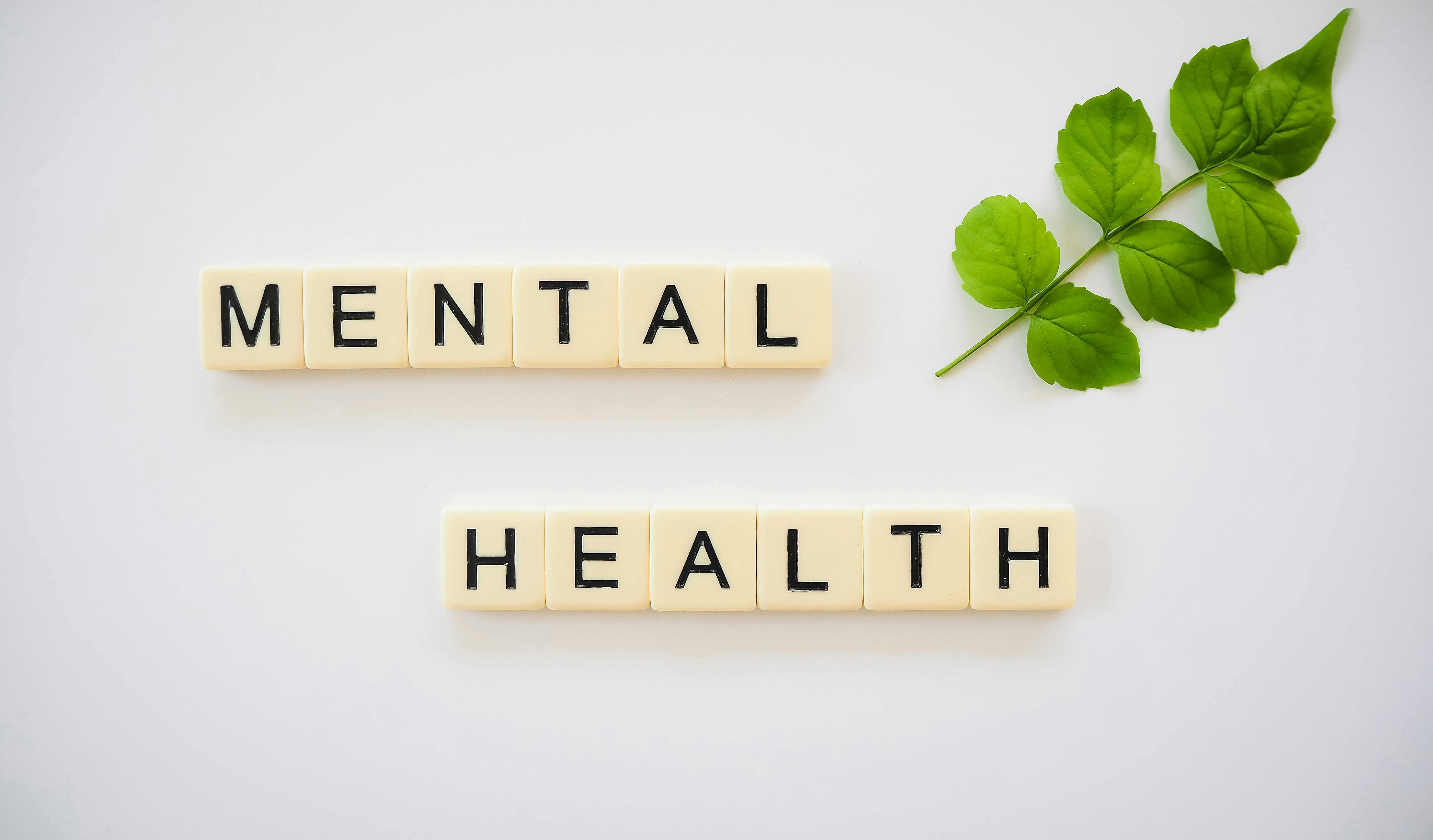Life sometimes gets out of focus. You wake up feeling exhausted, go through your day sluggishly, and whether you visit the park or lie down on the sofa, you can still feel something is off. You may carry pain in your heart, anxiety in your thoughts, or tension in your body. That doesn’t mean you’re doing anything wrong. It means you’re human.
Life isn’t always easy. You get knocked down, you lose, you move, you get hurt, or you feel crushed—and all the energy drains out. Sometimes you can’t even point to the reason why you feel low. But with or without a clear reason, you can still begin to feel okay again. You don’t need to wait for life to be perfect. You can start small. You can start now.
Feeling okay again doesn’t mean feeling happy. It means feeling steady and safe inside. It’s about finding your way back to the surface, little by little. Like the sun shining through the clouds. These 25 small steps are simple, but they work.
1. Allow Yourself to Slow Down
You don’t have to keep up with everything. Go slower. Sit longer. Speak softer. Healing starts with easing up.
Read also: 13 Cozy Fall Habits to Enhance Your Life
2. Drink a Full Glass of Water
Sometimes the body forgets its basic needs when you’re feeling low. Water gives your brain and body a boost. It’s a small sign of care.
3. Step Outside for a Few Minutes
Fresh air clears your head. Sit under the sky. Breathe in the space around you. It helps even when your heart feels heavy.
Read also: 12 Legit Ways to Instantly Improve Your Mood
4. Fix Your Bed or Straighten One Thing
A messy space adds to a messy mind. You don’t have to clean the whole house. Just tidy one thing. A bed. A table. A floor corner.
5. Write Down One Feeling
Don’t hold it in. Write one sentence that tells the truth of what you feel. Let it out. Writing clears your heart.
Read also: 8 Way to Write a Nice Reading Journal
6. Wear Something Comfortable
Your body affects your feelings. Wear clothes that are warm, soft, or loose. Let comfort touch your skin.
7. Do One Small Thing That Feels Safe
That could mean wrapping in a blanket, calling a trusted person, or lying still. Safety looks different for everyone, but it feels the same—calm and grounded.
8. Take Deep Breaths
Stress changes how you breathe. Take slow, deep breaths. Inhale gently. Exhale slowly. Repeat. This quiets your nervous system.
9. Eat Something Simple
Even when you’re down, your body still needs fuel. Eat something warm or easy. A banana. Soup. Bread. This is how you say, “I care.”
10. Dim the Lights or Light a Candle
Bright light keeps the body on edge. Soft light invites calm. Use a lamp or candle to make the room feel peaceful.
11. Speak One Kind Word to Yourself
Even if it feels strange. Say, “I’m doing my best,” or “It’s okay not to be okay.” Self-kindness helps shift how you feel inside.
12. Find One Thing You Can Control Right Now
You might not control everything. But you can stretch. Rest. Drink water. Focus on what’s in reach.
13. Take a Break from Screens
Endless scrolling drains you. Put your phone down. Close your eyes. Tune in to the room around you.
14. Let Yourself Cry
Tears are not weakness. They release tension. Let yourself cry if you need to. It’s how you clear the pain.
15. Stretch Your Body Gently
Emotions live in your muscles. Light stretching helps them release. It loosens your body and calms your heart.
16. Play Relaxing Music
Music changes the mood. Listen to soft songs, nature sounds, or quiet instrumentals. Let sound do the healing.
17. Talk to Someone You Trust
You don’t need answers. Just connection. Say, “I’m not okay today.” Even small words can help.
18. Give Yourself Permission to Rest
You don’t have to earn rest. It’s your right. Rest because you’re tired. That’s reason enough.
19. Remind Yourself That Feelings Are Temporary
Pain doesn’t last forever. You’ve felt better before. You will again. Say it out loud: “This will pass.”
20. Return to Simple Routines
Structure brings calm. Do a few things in the same order: wash your face, eat something, take a breath. That’s enough.
21. Take a Break from Decisions
When the day is hard, choices are exhausting. Delay big ones. Just focus on what’s next.
22. Use Your Hands
Let your hands take over. Draw. Fold laundry. Scribble. Doing helps you pause the thinking.
23. Be Near Peaceful Energy
Who you’re around matters. Stay close to someone who’s calm. If no one’s around, listen to a soothing podcast, a soft video, or a peaceful book.
24. Accept Where You Are
You don’t have to fix everything right now. Stop fighting the feeling. Let it be. Healing takes time.
25. End the Day with One Gentle Act
The day is done. Light a candle. Write a kind note. Sit in silence. Even if you’re still off, that’s okay. Tomorrow, you can feel better.
Why Simple Things Matter
Your body and mind are closely linked. When you’re down, you feel it in your muscles, your breath, your posture. That’s why small things—water, rest, breathing—are not silly. They’re science.
Harvard Health and the National Institute of Mental Health explain how self-care and mindful action can ease anxiety and low mood. According to Dr. Kristin Neff, the leading voice on self-compassion, being kind to yourself during struggle actually builds resilience. It doesn’t erase the pain. But it helps you hold it gently until it passes.
Final Words
You don’t have to feel amazing. But you can feel okay again. You can learn how to treat yourself with patience. On hard days, these steps won’t fix everything. But they can create small moments of warmth and calm.
You’re not broken. You’re not alone. You’re human. You can heal.
Don’t wait for a better day to start. Begin right here. With one breath. With one soft act. That’s how it begins.
Save the pin for later



